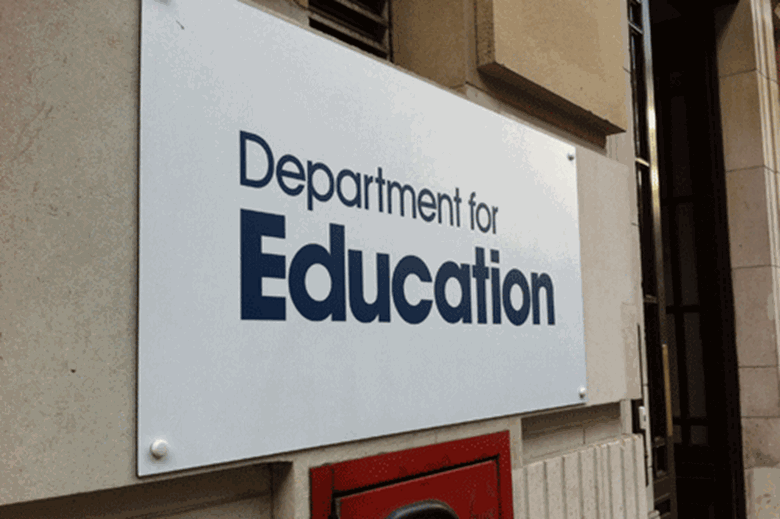Children's policy 'given too little attention' at the Department for Education
Lauren Higgs
Monday, November 5, 2012
Senior staff at the Department for Education spend less time working on children and families policy than they do on matters relating to schools or colleges, a report by a cross-party group of MPs has found.

The report, by the education select committee, warns that work on education policy dominates the majority of both ministers and officials’ time at the DfE, while staff morale in the department is flagging as a result of extensive restructuring over the past two years.
MPs from the select committee visited the DfE to inform the report and took evidence from current and former staff.
“Our own visit to the department made clear the significantly different staffing levels between, for example, academies development and family policy,” the report said. ?
“Non-schools areas of the department's remit are also revealed, by an organisation chart sent to us by the permanent secretary's office, to benefit from less senior staff input than their schools counterparts and, following the recent ministerial reshuffle, they also have less ministerial input as well.”
The select committee is now urging the DfE to make sure that children’s policy is “given adequate resources and receives enough attention from senior officials and ministers”.
The report also suggests that “urgent action” must be taken to improve staff morale and recommends that the DfE should consider appointing a non-executive board member with expertise in children’s policy issues, to redress the imbalance that places education matters above the rest of the department’s remit.
Graham Stuart, chair of the education select committee, said the inquiry had shone an “important spotlight on how policy is implemented and managed” in the department.
“It has highlighted a need to ensure that children’s policy retains sufficient status alongside schools and colleges, which appear to occupy the majority of ministerial and officials’ time,” he said.
“Whilst we met many outstanding civil servants during our visits to the DfE, and have much to praise about the department’s new-look board, we have also identified a number of refinements that could ensure better governance and leadership in ways that would improve both delivery and management of policy.
“Critically, that will need to involve some fairly urgent effort to improve staff morale, which survey data suggests has dropped to a point where only half the staff believe the department to be well run. In straitened times, a qualified staff are the most valuable resource of any government department.”
A Department for Education spokesman said the DfE would study the recommendations of the report carefully before responding formally to the select committee in January.
“The Department for Education is now escalating the importance of children and families policy”, he said.
“We will shortly be making announcements on childcare, children in care, adoption, fostering, internet safety, shared parenting, the role of the children’s commissioner, special educational needs, and social work reform which will demonstrate greater radicalism and ambition to help children and young people than any previous government.”




